Africa/Kenya/20-08-2021/Author and Source: www.kbc.co.ke
Nokia, Safaricom, UNICEF, the Ministry of Education and Ministry of ICT have announced a joint initiative that will connect at least 90 schools with high speed internet.
Under the Digital Leraning Programme, the initiative aims to ‘connect the unconnected’, with the ultimate goal of supporting the Kenyan Government’s plans to scale broadband connection to all schools by 2030.
“As part of our Transforming Lives purpose and vision to become a purpose-led technology company, we are always looking for partnerships that allow us to use our services to deliver social impact in areas aligned to the Sustainable Development Goals. Our shared value partnership with UNICEF and Nokia allows us to connect schools in underprivileged areas and increase access to digital literacy. This will ensure that the students there are not left behind when it comes to reaping the benefits of an ever-increasing digital society,” said Peter Ndegwa, CEO of Safaricom.
The connected schools are spread across rural and informal urban settlements in Kenya, serving an estimated 32,670 students.
Schools are using Nokia’s FastMile 4G Fixed Wireless Access (FWA) broadband solution to provide reliable, high-speed connectivity delivered over Safaricom’s 4G/LTE network. Nokia’s meshed WiFi Beacon technology is used to boost the Internet signal in selected classrooms and computer labs.
“An important belief that we hold at Nokia is the need to provide ‘broadband for all’. With remote learning becoming the prevailing issue during the Covid-19 pandemic, the topic of digital equity takes center stage again, so we are excited that this collaboration will facilitate access to many students currently unconnected. This is an initiative we are very proud to be a part of and hope that it is a significant step to a brighter future for all those reaping its benefits,” said Amr K. El Leithy, Nokia Senior Vice-president for Middle East and Africa Market.
The importance of good connectivity has been highlighted during the COVID-19 pandemic. School closures in Kenya in 2020 meant that children had to stay at home for six to nine months, leaving them reliant on remote learning.
The digital divide meant that students who could access the internet were better placed to continue with their learning.
“Children have a right to access quality education wherever they are, yet for too long, the digital divide has prevented disadvantaged children from enjoying the same benefits as their connected peers. By connecting schools to the Internet – with a focus on the most disadvantaged areas – we can start to level the playing field. This allows students and teachers to gain digital skills and access the latest education materials, providing a brighter future for some of the most vulnerable children in Kenya,” added Maniza, UNICEF Kenya Country Representative.
Schools equipped with a broadband connection, digital devices and teacher training will now be able to make better use of video communication, digital curricula and online content, thereby improving digital literacy and skills among school children.
Source and Image: https://www.kbc.co.ke/90-schools-to-get-internet-connection-under-digital-literacy-programme/
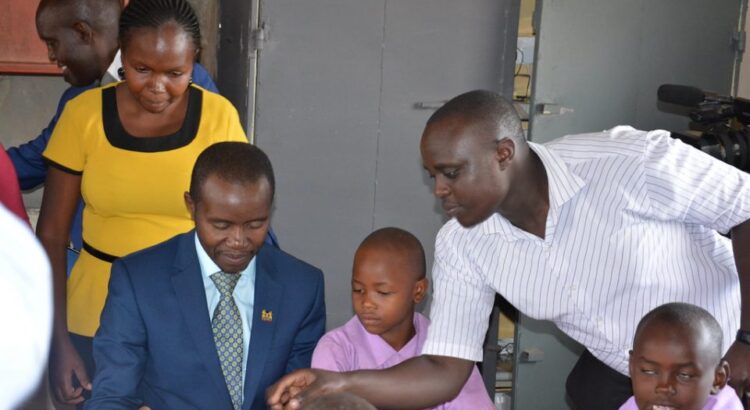
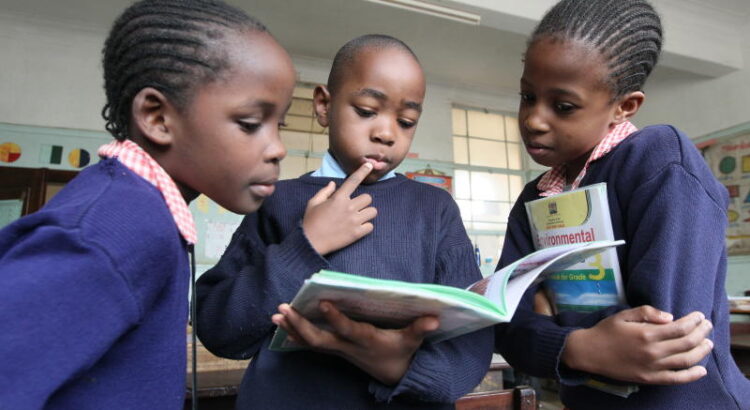
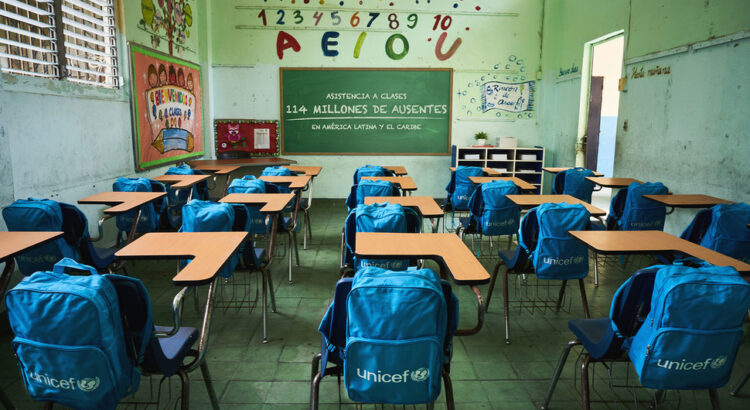

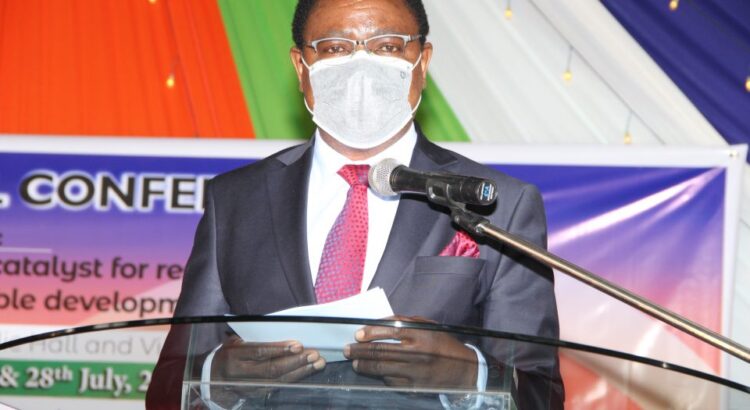

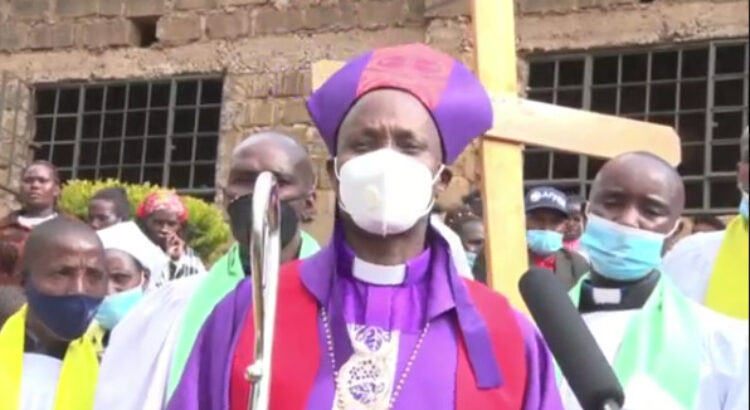
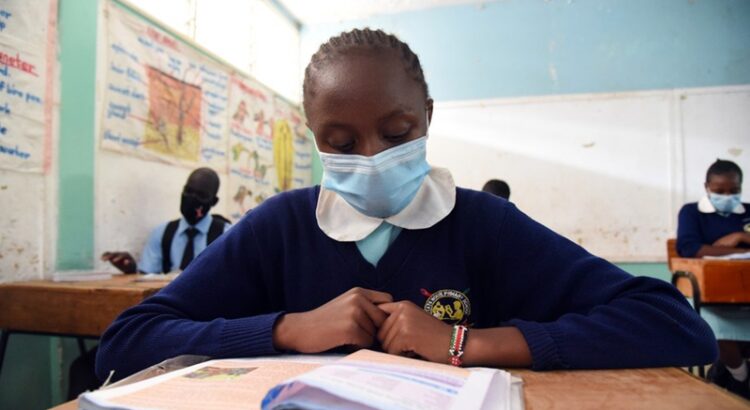







 Users Today : 8
Users Today : 8 Total Users : 35459603
Total Users : 35459603 Views Today : 17
Views Today : 17 Total views : 3417989
Total views : 3417989